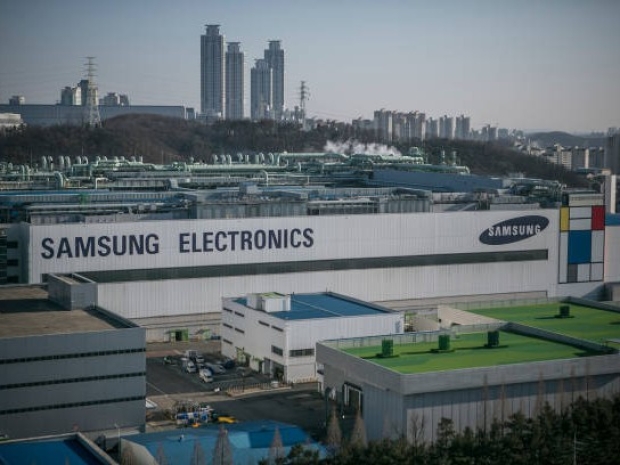Samsung insiders are now referring to it as “the Google incident”, which seems apt given the existential panic that’s followed.
Google had been leaning on Samsung to build the Tensor chips that power its Pixel phones. These silicon efforts had Exynos DNA all over them, with all the quirks and compromises that implies. That cosy relationship is now toast.
Starting with the Pixel 10, the Tensor G5 chip will be built entirely by TSMC, which is widely seen as the adult in the foundry room.
Reports say the switch came as a “shock” to Samsung’s brass and sent the Device Solutions division into emergency strategy meetings. The move also triggered some harsh internal reckonings about the foundry's performance.
The main culprit appears to be Samsung’s dodgy 3 nm process yields, which fall miles short of what TSMC can churn out. But that’s just the start. Concerns are swirling about the company’s software tools and a worrying lack of semiconductor design IP needed to meet client demands.
Losing Google isn’t just about losing a fat contract. It reflects the foundry’s declining clout in a sector that demands top-tier delivery. With Google now pushing hard into foldables, it’s effectively becoming a rival, not a customer.
This is hardly new. Apple walked away from Samsung to embrace TSMC years ago, and the same logic seems to be driving Google’s switch.
Samsung is apparently considering radical changes, including spinning off the foundry or offloading parts of its System LSI division. The firm is looking to grow in AI-adjacent sectors like automotive and robotics, hoping to claw back relevance.
It’s a bad time to be second best, and Samsung knows it. The success of its upcoming Exynos 2600 chip, built on its own 2 nm process and pegged for the Galaxy S26 series, is seen as a crucial test. Unless Samsung can fix its production woes and shore up its IP base, it risks becoming a footnote in an industry it once helped define.




